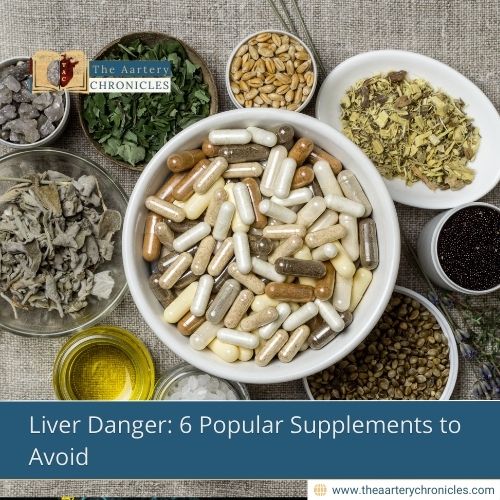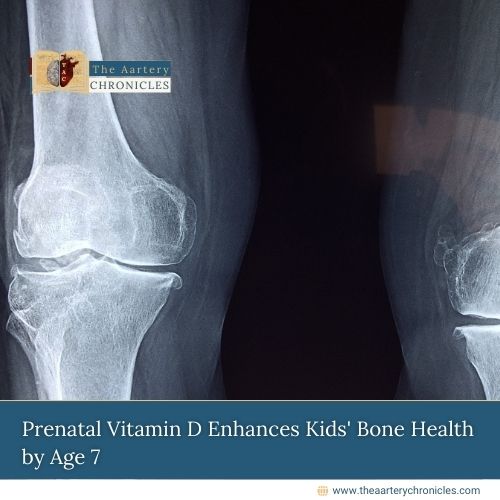Too Much Copper? Your Brain Could Be at Risk
Reading Time: 3 minutes Too much copper, especially with high-fat foods, may raise dementia risk. Learn how diet choices impact brain health and memory over time.
Too Much Copper? Your Brain Could Be at Risk Read More »
Health News and Updates, People Forum








